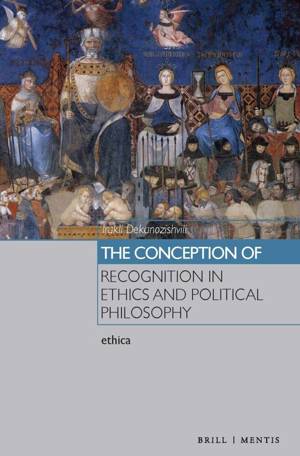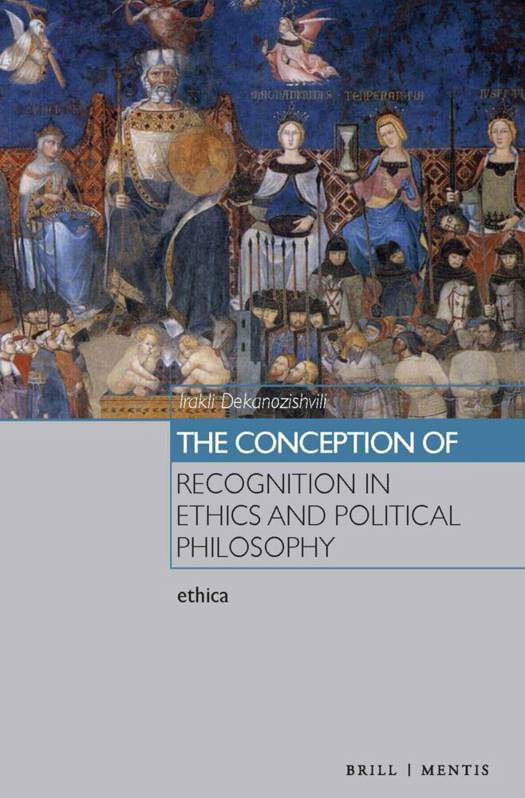
- Afhalen na 1 uur in een winkel met voorraad
- Gratis thuislevering in België vanaf € 30
- Ruim aanbod met 7 miljoen producten
- Afhalen na 1 uur in een winkel met voorraad
- Gratis thuislevering in België vanaf € 30
- Ruim aanbod met 7 miljoen producten
Zoeken
The Conception of Recognition in Ethics and Political Philosophy
Irakli Dekanozishvili
€ 77,95
+ 155 punten
Omschrijving
What is the meaning of recognition and why is it so important? What does it have to do with the human life form and democracy? The book tries to answer these questions and will show how proper forms of recognition relationships positively affect our personal and social life, whereas the absence of it can profoundly undermine our autonomy and well-being. The importance of recognition extends beyond the constitution of human persons; it is a pivotal concept in shaping the vision of a just society and ensuring the autonomy of individuals within a democratic state. This book argues that the normative foundation of democracy is not solely political but fundamentally social, grounded in relations of recognition that structure justice, autonomy, and participation. This framework is referred to as the "recognition-theoretical model of democracy". It provides a viable foundation for reconstructing a fair democratic polity that emphasizes substantive and interpersonal practices of human sociality.
Specificaties
Betrokkenen
- Auteur(s):
- Uitgeverij:
Inhoud
- Aantal bladzijden:
- 189
- Taal:
- Engels
- Reeks:
- Reeksnummer:
- nr. 45
Eigenschappen
- Productcode (EAN):
- 9783957433435
- Verschijningsdatum:
- 10/11/2025
- Uitvoering:
- Hardcover
- Afmetingen:
- 155 mm x 235 mm
- Gewicht:
- 540 g

Alleen bij Standaard Boekhandel
+ 155 punten op je klantenkaart van Standaard Boekhandel
Beoordelingen
We publiceren alleen reviews die voldoen aan de voorwaarden voor reviews. Bekijk onze voorwaarden voor reviews.











